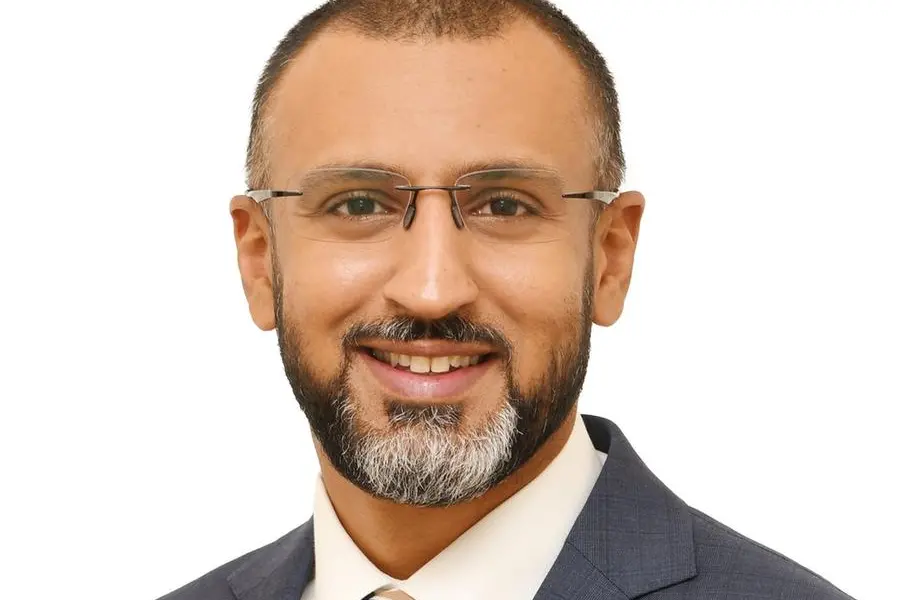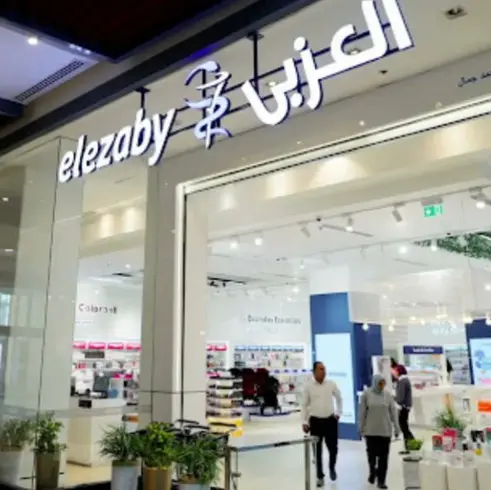PHOTO
Institutional investors need to understand the defensiveness and predictability of the growth opportunities in the education sector for more capital to flow into the field, according to Dino Varkey, Group CEO of GEMS Education.
Speaking to Zawya at Saudi Arabian investment forum FII8, he said that only $110 billion of the estimated $7 trillion global education sector is publicly listed, and those entities capture about $45–$50 billion in revenues.
In the $10 trillion healthcare sector, the publicly listed market capitalisation is $1.8 trillion, with the revenue of those entities amounting to $2.8 trillion.
“Education has always been 10 to 20 years behind healthcare,” Varkey told Zawya. “We’re catching up quickly.” He added, “In Institutional capital, whether that’s private capital or public capital, the sector is massively under-represented.”
Varkey said the operating metrics of the education business are attractive due to their defensiveness, predictability, resilience and high growth opportunities, and when that is understood better, more capital will be attracted into the field.
GEMS has been the subject of “will it, won’t it?” speculation about a much-anticipated IPO, but this has yet to materialise. Similar rumours in 2022 that founder Sunny Varkey, the father of the current group CEO, would sell his stake at a reported $6 billion asking price also came to nothing.
Dino Varkey confirmed that an IPO is not a consideration for the medium term, as the company has just gone through its fourth shareholder rotation with a reported $2 billion investment by Brookfield Asset Management. Investment horizons tend to be five to seven years, he said, and an IPO is just one option.
“Every single time we bring on board an institutional investment, there is a horizon of five years. You can either rotate through a private transaction or go to IPO. In every cycle there is an opportunity; in every cycle we have found a private investor,” he said.
Varkey said there is one element of being a public company that is “incredibly appealing” – the ability to access much greater quanta of capital at a lower cost base. However, there is an expectation in and around governance.
“That’s a reasonable kind of trade off. Where it becomes challenging as a public company is if you want to fundamentally pivot your strategy.” Private companies, particularly family-sponsored private companies, have the ability to look long-term, on a generational basis rather than quarter by quarter, Varkey added.
At present, GEMS has 47 UAE schools, with plans to add 25,000–30,000 school places in three years, 11,000 of which have already been added.
The company operates 15 schools in the UK and one in Europe. With 4,000 places in total, these are smaller than GEMS’s UAE schools.
For the short term, while Varkey did not reveal any specific plans for Saudi schools, he referred to the kingdom as a huge opportunity, and any expansion plans would be likely to follow a greenfield new-build strategy, but acquisitions would be considered if appropriate.
Any expansion would be funded by the Brookfield investment, but appropriate new partnerships or investments in new territories could also be considered, he said.
(Reporting by Imogen Lillywhite; editing by Seban Scaria)





















